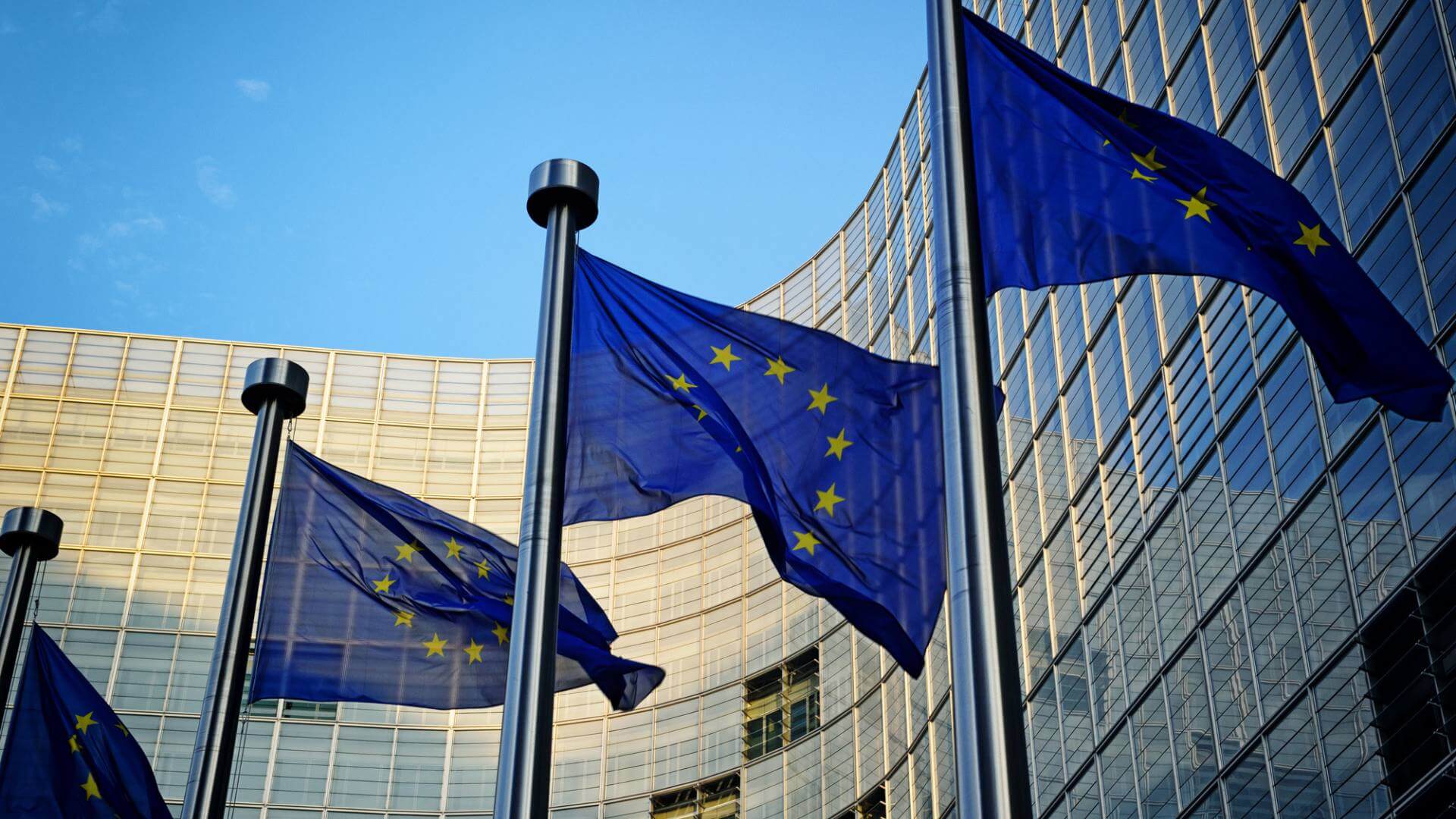The European Union (EU) has introduced two pieces of important legislation: the Data Act and the Digital Markets Act (DMA). The Data Act ensures fairness in the digital environment, stimulates a competitive data market, opens opportunities for data-driven innovation, and makes data more accessible. The Data Act addresses the legal, economic, and technical issues that lead to under-used data. The new rules make more data available for reuse and are expected to create €270 billion of additional GDP by 2028.
The DMA ensures markets in the digital sector are fairer and contestable by establishing a set of clearly defined objective criteria to identify “gatekeepers”. Gatekeepers are large digital platforms that provide core platform services, such as online search engines, app stores, and messenger services. Gatekeepers must comply with the obligations and prohibitions listed in the DMA. The DMA gives the European Commission (EC) new enforcement powers, including the ability to impose severe fines and remedies for noncompliance. Here are several opinion pieces we found of interest relating to the Data Act and DMA.
Corporate ‘Privacy’ Concerns Must Not Derail Europe’s Data Act
In an opinion piece for Financial Times, “Corporate ‘privacy’ concerns must not derail Europe’s Data Act,” Timo Harakka, Finland’s minister of transport and communications, discusses the EU Data Act, which is currently being negotiated by member states. The Data Act is the final element of ambitious legislation by the EU including three out of five legislative initiatives that took effect in 2022: the Data Governance Act, the DMA, and the Digital Services Act. The Artificial Intelligence Act has been approved by the EU Council and is completing its passage through the European parliament. This legislative package lays ground rules for data access, data sharing, interoperability, and the responsibilities of online platforms.
Harakka argues that we need to go beyond traditional privacy safeguards, taking advantage of new techniques that respect sensitive information while providing useful data from the same source, such as so-called zero-knowledge proof and federated learning. To support the Data Act, the EC is even funding privacy-proof but non-restrictive data sharing methods. Read the full article on Financial Times.
EU Braces for Big Tech’s Legal Backlash Against New Digital Rulebook
In an opinion piece for POLITICO, “EU braces for Big Tech’s legal backlash against new digital rulebook,” Samuel Stolton, a competition and tech reporter for POLITICO Europe, examines the EU’s most recent attempts at reining in Big Tech, specifically the DMA. The EC has failed to rein in the market dominance of Google through landmark antitrust cases over recent years, so it is prioritizing the regulatory track of establishing fair play through the DMA, Brussels’ attempt to crack down on anticompetitive abuses from the likes of Google, Amazon, Meta, Apple, and Microsoft.
According to the EC’s Gerard de Graaf, the EU is prepared for litigation but “would like a constructive discussion with the platforms rather than an adversarial discussion.” Read the full article on Politico.
Disclosure: Fatty Fish is a research and advisory firm that engages or has engaged in research, analysis, and advisory services with many technology companies, including those mentioned in this article. The author does not hold any equity positions with any company mentioned in this article.
The Fatty Fish Editorial Team includes a diverse group of industry analysts, researchers, and advisors who spend most of their days diving into the most important topics impacting the future of the technology sector. Our team focuses on the potential impact of tech-related IP policy, legislation, regulation, and litigation, along with critical global and geostrategic trends — and delivers content that makes it easier for journalists, lobbyists, and policy makers to understand these issues.
- The Fatty Fish Editorial Teamhttps://fattyfish.org/author/fattyfish_editorial/January 19, 2024
- The Fatty Fish Editorial Teamhttps://fattyfish.org/author/fattyfish_editorial/January 3, 2024
- The Fatty Fish Editorial Teamhttps://fattyfish.org/author/fattyfish_editorial/January 3, 2024
- The Fatty Fish Editorial Teamhttps://fattyfish.org/author/fattyfish_editorial/December 31, 2023








